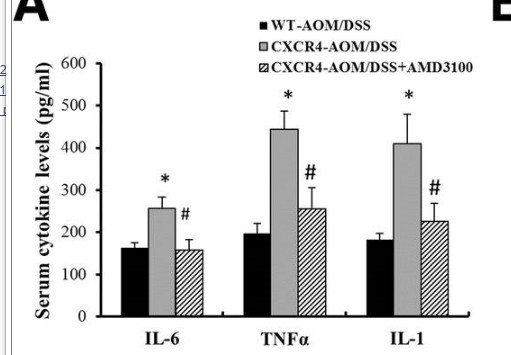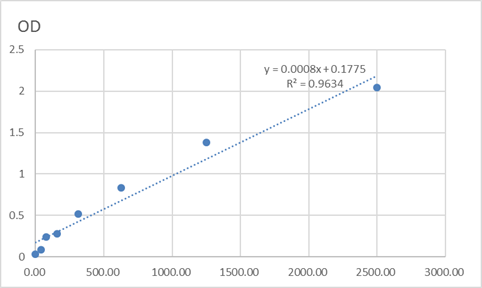Total p15 Cell-Based Colorimetric ELISA Kit
- Catalog No.:KA3347C
- Applications:ELISA
- Reactivity:Human;Mouse;Rat
- Gene Name:
- CDKN2B
- Human Gene Id:
- 1030
- Human Swiss Prot No:
- P42772
- Mouse Swiss Prot No:
- P55271
- Rat Swiss Prot No:
- P55272
- Storage Stability:
- 2-8°C/6 months
- Other Name:
- Cyclin-dependent kinase 4 inhibitor B (Multiple tumor suppressor 2) (MTS-2) (p14-INK4b) (p15-INK4b) (p15INK4B)
- Detection Method:
- Colorimetric
- Background:
- disease:Defects in CDKN2B are involved in tumor formation.,function:Interacts strongly with CDK4 and CDK6. Potent inhibitor. Potential effector of TGF-beta induced cell cycle arrest.,polymorphism:Genetic variations in CDKN2B may underlie susceptibility to uveal melanoma [MIM:155720]. Uveal melanoma is the most common type of ocular malignant tumor, consisting of overgrowth of uveal melanocytes and often preceded by a uveal nevus.,similarity:Belongs to the CDKN2 cyclin-dependent kinase inhibitor family.,similarity:Contains 4 ANK repeats.,subunit:Heterodimer of CDKN2B with CDK4 or CDK6.,
- Function:
- cell cycle checkpoint, regulation of cyclin-dependent protein kinase activity, G2/M transition of mitotic cell cycle, mitotic cell cycle, cell cycle, cell cycle arrest, mitotic cell cycle checkpoint, regulation of mitotic cell cycle, response to nutrient,negative regulation of cell proliferation, positive regulation of signal transduction, response to extracellular stimulus,response to organic substance, negative regulation of phosphorus metabolic process, positive regulation of cell communication, response to organic cyclic substance, regulation of transforming growth factor beta receptor signaling pathway, regulation of phosphate metabolic process, cell cycle process, cell cycle phase, positive regulation of transforming growth factor beta receptor signaling pathway, regulation of epithelial cell differentiation, positive regulation of epithelial cell differentiation, G1/S transition c
- Subcellular Location:
- Cytoplasm . Also found in the nucleus.
- Expression:
- Isoform 2 is expressed in normal (keratinocytes, fibroblasts) and tumor cell lines.
- June 19-2018
- WESTERN IMMUNOBLOTTING PROTOCOL
- June 19-2018
- IMMUNOHISTOCHEMISTRY-PARAFFIN PROTOCOL
- June 19-2018
- IMMUNOFLUORESCENCE PROTOCOL
- September 08-2020
- FLOW-CYTOMEYRT-PROTOCOL
- May 20-2022
- Cell-Based ELISA│解您多样本WB检测之困扰
- July 13-2018
- CELL-BASED-ELISA-PROTOCOL-FOR-ACETYL-PROTEIN
- July 13-2018
- CELL-BASED-ELISA-PROTOCOL-FOR-PHOSPHO-PROTEIN
- July 13-2018
- Antibody-FAQs



